Junior School News
Ms Belinda Jackson, Mrs Erica Cremer & Mrs Fiona Clifford

Junior School News
Ms Belinda Jackson, Mrs Erica Cremer & Mrs Fiona Clifford
Preps Celebrate 100 Days of Learning
Recently, the Preps celebrated being at school for 100 days! What a wonderful milestone to achieve. A special Assembly was held in honour of the day and the Preps sang a song and shared interesting facts about 100. They enjoyed special activities throughout the day that related to 100. These included threading 100 Fruitloops to create a necklace, counting different collections of 100 objects and making 100 day crowns to name a few. All the preps had a fun and exciting day that they will hopefully remember forever.
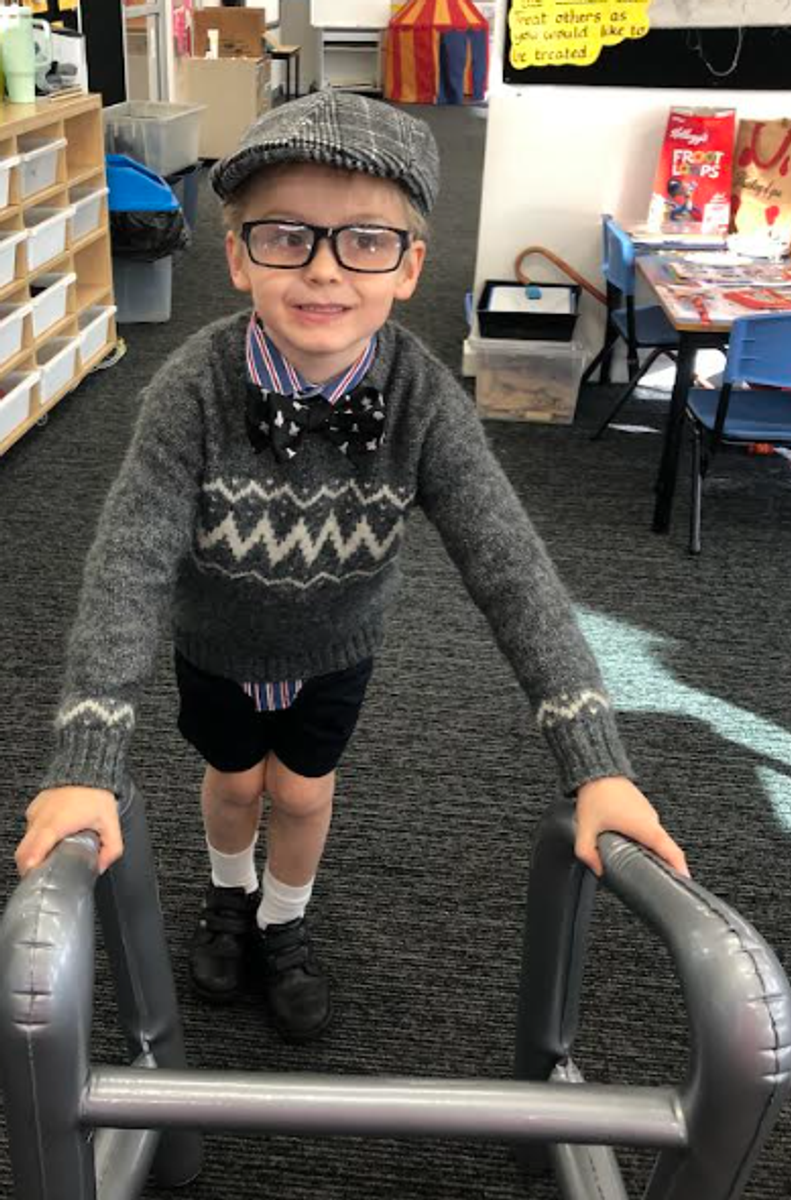
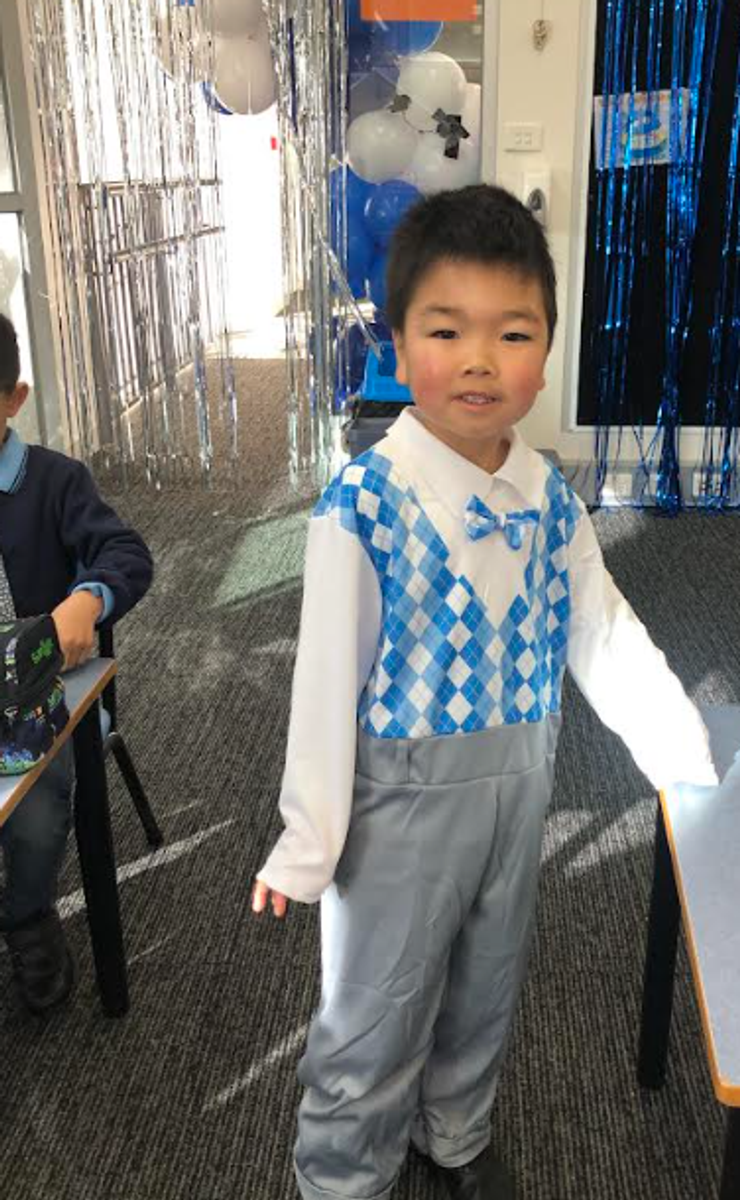
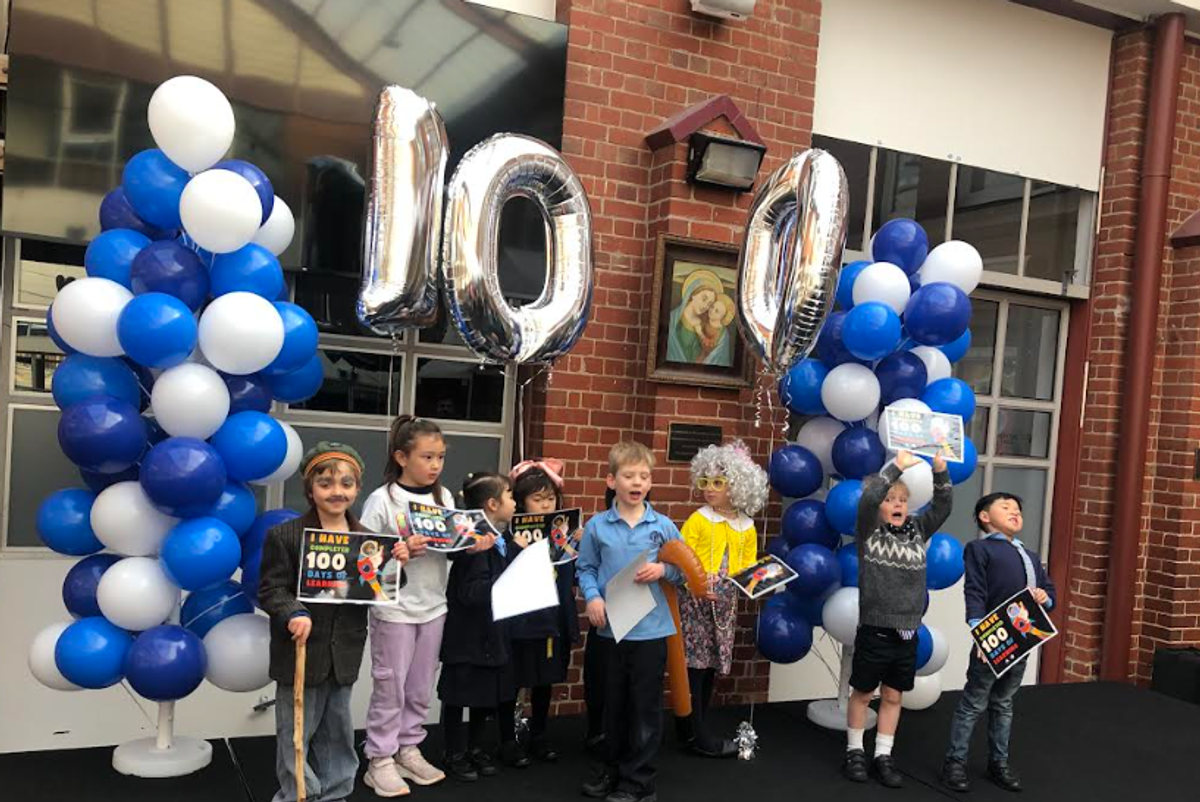
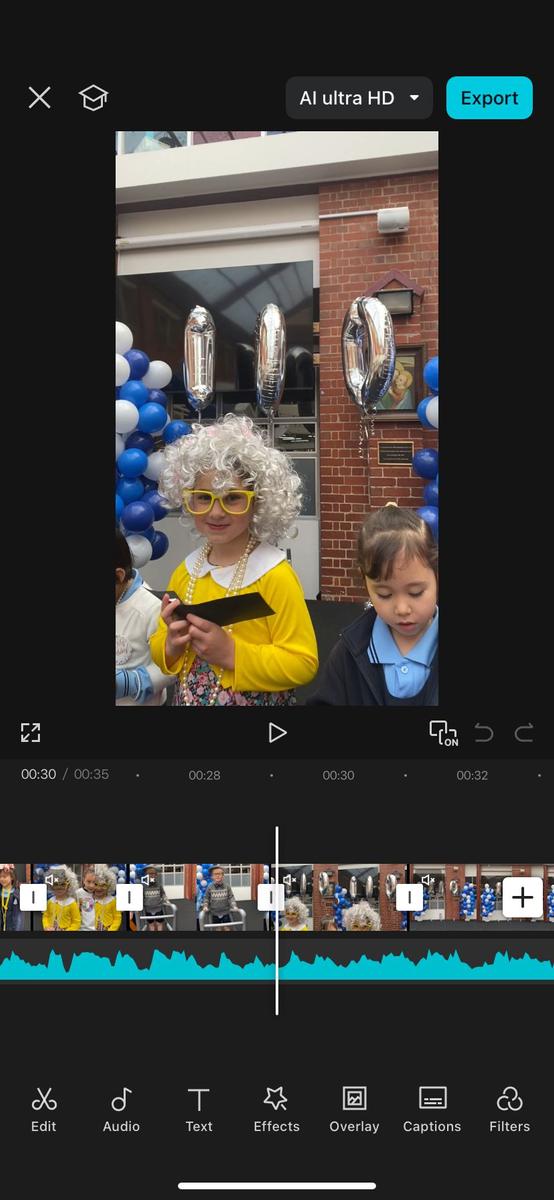




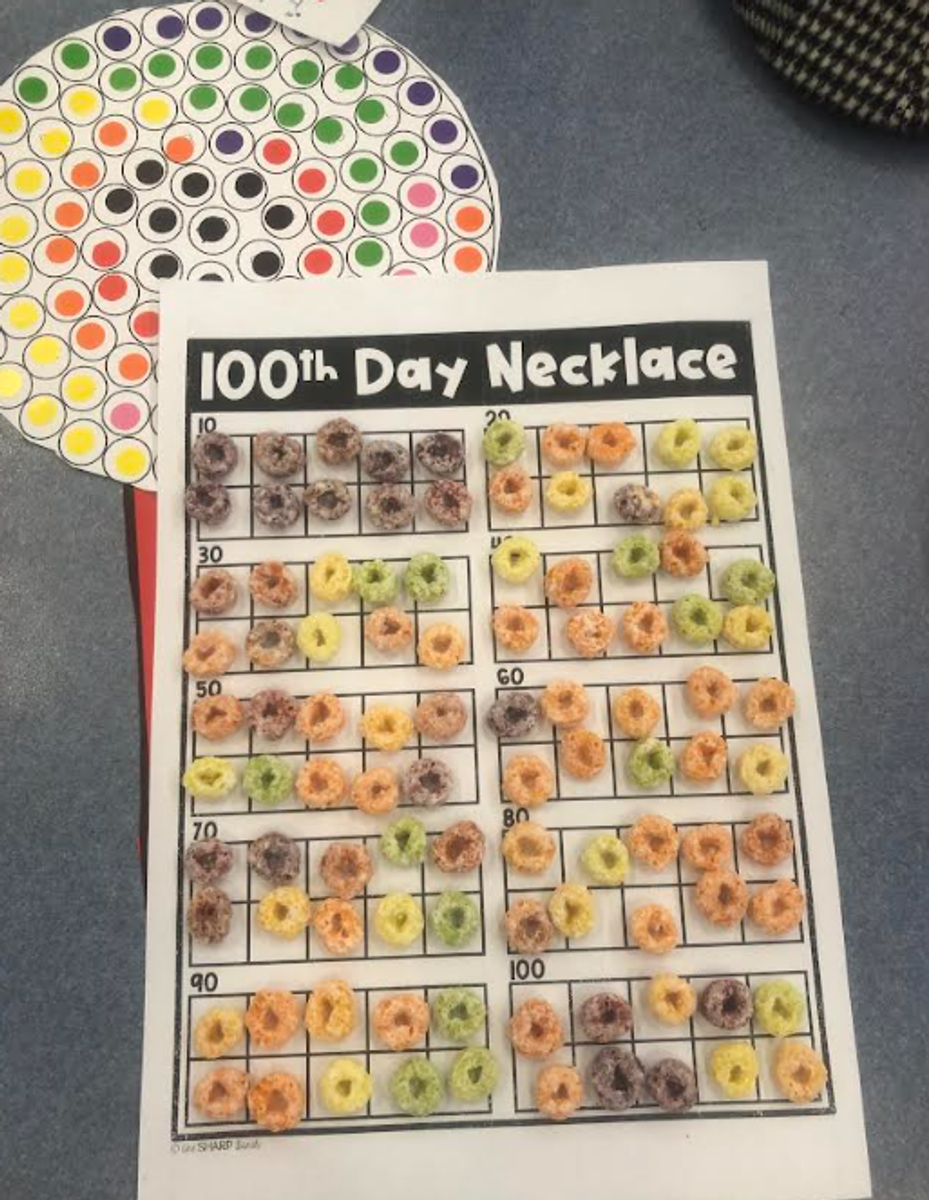

Literacy
This term, we are delighted to introduce the Little Learners Love Literacy program across our junior classrooms. This structured and sequential phonics-based program supports students in building strong foundational reading and spelling skills. It focuses on explicitly teaching the sounds (phonemes) and letters (graphemes) of the English language, blending and segmenting skills, and high-frequency words using decodable texts. The students are absolutely loving the engaging activities, catchy characters, and stories that accompany this program.
In Reading and Writing, our genre focus is on Informative Texts. Students are learning how to locate and identify key facts, use headings and diagrams, and understand the structure and purpose of informative writing. In writing, the students are planning, drafting and publishing short informative pieces, gradually building confidence in using topic sentences, supporting details, and labelled diagrams. This learning links directly to the Victorian Curriculum, where students begin to understand how texts can inform and how to compose short informative pieces using simple sentences and accurate punctuation.
We are also making meaningful connections between Literacy, Religious Education and our Inquiry unit by exploring texts and discussions around sustainability, recycling and caring for God’s creation — a wonderful way to tie together learning across curriculum areas with real-world purpose.
Mathematics
In Mathematics, students are developing their understanding across three key areas this term:
These learning experiences are grounded in the Victorian Curriculum goals of developing number sense, applying mathematical strategies, and building familiarity with everyday mathematical concepts.
Religious Education & Inquiry
In our Inquiry and Religious Education units this term students are exploring what it means to care for God’s creation by looking at recycling, conserving resources, and understanding their role as stewards of the Earth.
In Inquiry, our Science focus is on Causation and Change- Forces and Motion, where students will:
Throughout the unit, students engage in scientific thinking by asking questions, recording observations, using arrows to show forces, and presenting their learning in multiple formats.
In Religious Education, these scientific concepts are deepened through spiritual reflection. Using Bible stories, student wonderings and class discussions, students explore the Catholic understanding of stewardship. Students reflect on how God calls us to care for the world, and how we might respond through actions both big and small.
We are exploring key curriculum strands such as:
Wellbeing
Our wellbeing focus continues to be guided by the Resilience, Rights and Respectful Relationships (RRRR) curriculum. This term, we are working through Units 3 and 4, which are:
As always, we value your support and partnership. Please don’t hesitate to reach out with any questions or to share your child’s experiences at home!
Mrs Erica Cremer and Mrs Fiona Clifford.
Year 1/2 Classroom Teachers